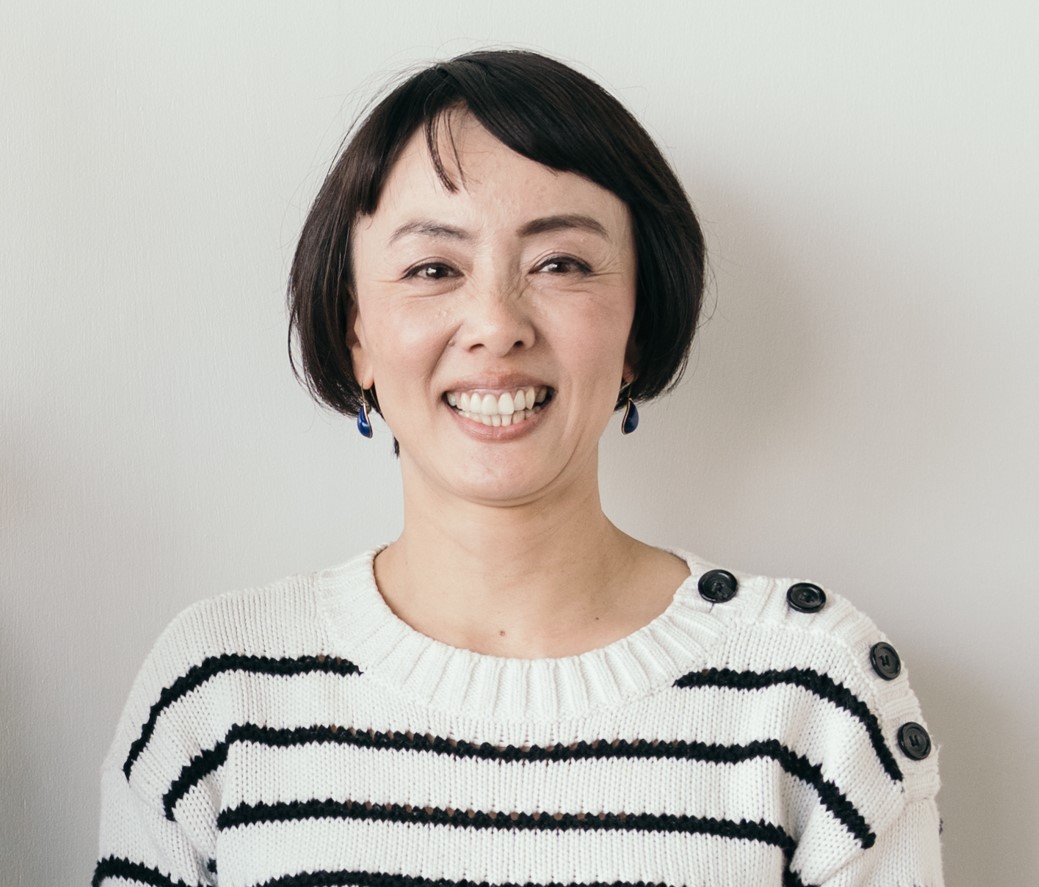|
Affiliation |
IWATE University Research Center for Regional Disaster Management |
SAKAGUCHI Nao
|
|
|
Research Interests 【 display / non-display 】
-
Sociology of Disaster
-
life story
-
disaster culture
-
disaster remains
Graduate School 【 display / non-display 】
-
2016.04-2020.03
Tohoku University Graduate School, Division of Letters Doctor's Course Completed
-
2013.04-2016.03
Iwate Prefectural University Graduate School, Division of Integrated Science and Art Master's Course Completed
Campus Career 【 display / non-display 】
-
2023.04-Now
IWATE University Faculty of Education Center for Research on Educational Practices and School Safety Associate Professor [Concurrently]
Research Areas 【 display / non-display 】
-
Humanities & Social Sciences / Area studies
-
Others / Others
-
Humanities & Social Sciences / Sociology
Course Subject 【 display / non-display 】
-
2023
Advanced Regional Disaster Prevention
-
2024
Field Survey Ⅱ for Disaster Prevention and Community Development
-
2024
Advanced Regional Disaster Prevention
-
2024
Post 3-11 Reconstruction and Education in Iwate
-
2024
Seminar on Regional Exercise Creation
Published Papers 【 display / non-display 】
-
Tamiyo Kondo, Yegane Ghezelloo, Nao Sakaguchi
International Journal of Disaster Risk Reduction 114 1 - 24 2024.11 [Refereed]
Bulletin of University, Institute, etc. Multiple authorship
-
Memories and Conflicts of Disaster Victims: Why They Wish to Dismantle Disaster Remains
Nao Sakaguchi
Journal of Disaster Research 16 ( 2 ) 182 - 193 2021.02 [Refereed]
International Conference Proceedings Single Work
-
Post-disaster city reconstruction efforts and fishing villages transformation
Nao Sakaguchi
Journal of Asian Rural Studies ( Journal of Asian Rural Studies ) 3 ( 2 ) 208 - 220 2019.07 [Refereed]
International Conference Proceedings Single Work
The objective of this study is to clarify significance and the value of the disaster remains for suffering residents from social structure. I adopt Yoshikawa’s notion (2007) of post-disaster phases which is based on the analysis by Barton (1969); emergency phase →temporary phase →recovery and reconstruction phase →prevention phase. The study was conducted at AK district in Otsuchi Town, Iwate Prefecture. The data collection methods used were ethnography primarily participation observation and interviews. Participation observation was performed at the district meetings, board member meetings of various resident organizations, and community events held in the district. Interview sessions were conducted to obtain detailed responses from interviewees. The target were 50 people from the community including residents and residents directly affected by tsunami. The interview sessions were held from January 2014 to December 2017. In addition, I collected and referenced materials provided by the town council, documents on regional history, and fishery-related materials. After the disaster of 3.11, opposing opinions regarding tsunami remains became evident between community-based organizations, one of which is the management body of the community historically and the other is a newly emerged group after the disaster through a new leadership. Of these, community-based organization which is a newly emerged group insisted requiem. However, the women’s association was made the purpose which uses the disaster remains as tourist attractions and produced the employment, not requiem. Through this opposition, the unique structure of the fishing village in AK district was revealed.

